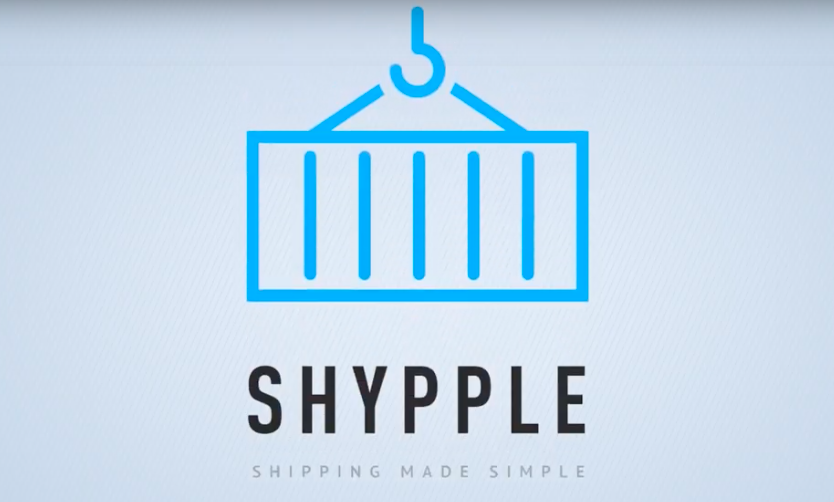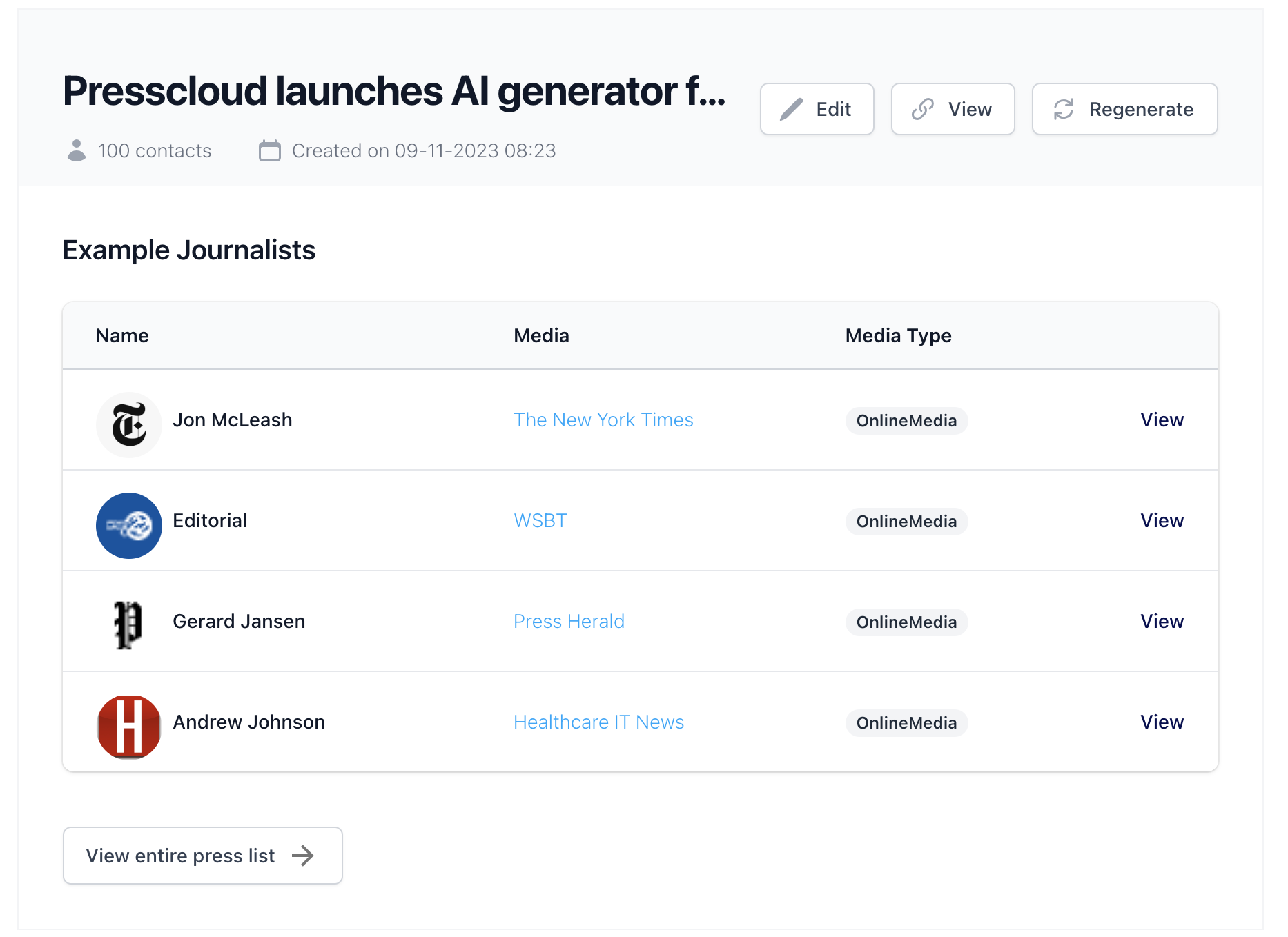Rotterdam's Startup Success
For the second year in a row, Rotterdam delivers the Sprout Startup of the Year. Last year, Travis the Interpreter took home the prize. This company developed a translation device capable of ‘live’ translating spoken sentences. Travis managed to sell more than 100,000 units to travel enthusiasts all over the world.
Shypple doesn't focus on language barriers but innovates a process in the logistics sector. To be precise: Shypple makes the transportation of goods via sea containers easier, cheaper, and more transparent.
Shypple Startup of the Year
Sprout writes the following about the Rotterdam startup: "Shypple is sinking its teeth into a gigantic market: 75 percent of all goods around us were at some point in a container. However, 30 percent of all transportation costs are lost to administrative red tape. Shypple aims to cut that cost by half over the next few years."
This video clearly explains how Shypple aims to make the shipping of freight simpler:
The figures for Shypple are impressive:
- The company was founded by Jarell Habets (27 years old);
- The startup grew to 40 employees within two years;
- In 2019, the company is aiming for a turnover of 21 million euros;
- The company grows by about fifteen percent per month;
- Shypple works for clients including Coolblue, reports Sprout;
- The leading publication Wired named the company one of the ‘hottest startups in Europe.’
PR Strategy of the Startup of the Year
I was responsible for the PR strategy of Shypple. (I also handled the PR strategy for Travis, which became Startup of the Year the year before.) It’s quite a challenge to articulate why Shypple is newsworthy. Moreover: Shypple not only targets a B2B market, addressing a logistical challenge but also focuses on the sea freight market – not exactly an industry that people often stop to consider or read about.
However, the launch of Shypple (in the summer of 2017) went well. Outlets including Sprout, BNR, and De Financiële Telegraaf reported on the company. Later, FD and NRC followed suit. And naturally, numerous trade magazines in the logistics and business sectors wrote about the startup. Thanks to such publications, both businesses and media found Shypple easily: the company has become a thought leader in their industry.
Solution: Sell Me the Problem
How do you make the sea freight market urgent for the Dutch business press? By zooming in on the problem that the startup solves, a sense of urgency is created. This also makes it plausible to report on the company – as something other than a commercial venture. Below is the beginning of the press release.
Dutch SMEs are the Victims of Non-Transparent Sea Freight Costs
Today's launched startup Shypple aims to make the sea freight market more transparent
Importers and exporters shipping their goods via sea freight are faced with a lot of non-transparent services and associated hidden costs. This is according to research by today’s launched startup Shypple, which aims to make the shipping market more transparent. The online freight forwarder wants to make it easier for Dutch SMEs to import and export goods.
Interested in the rest of this press release? Among others, this business magazine published the report verbatim (!).
PR Strategy in Seven Steps:
If we take a closer look at the beginning of this press release, the following points stand out:
- An investigation is presented. This means there is hard news – a tried and tested way to generate news;
- A problem is presented: SMEs are the victims of non-transparent costs;
- There is tension and conflict in this story: the vulnerable SMEs, being the victims of the shipping market;
If you take the time to read the entire press release, the following points stand out:
- The press release is objective – it contains no subjective information ('we are the best company with the best solution');
- The press release presents different studies;
- A first customer of Shypple is quoted (having such an ambassador is always useful);
- It is explained how Jarell came up with the idea for Shypple. The launch of a startup is actually not complete without such a typical founder's story.
These seven elements (hard news, a problem, tension, an objective style, research, ambassadors, and some storytelling) are valuable starting points for shaping PR content.
Finally
I hope the above seven points inspire you to start working on PR yourself. Note: a good PR strategy alone does not ensure that a company wins awards, is distinguished, or proclaimed startup of the year. However, if you have a cool company, an innovative business model, or manage to disrupt a traditional industry, it would be a shame if nobody heard about it. And who knows, you might eventually be seen as an expert in your field.




